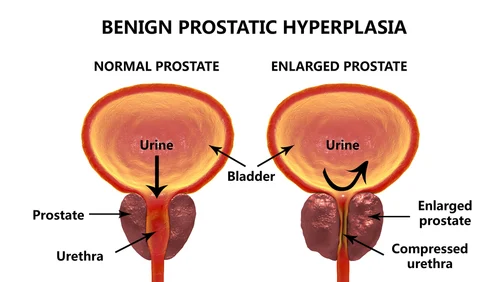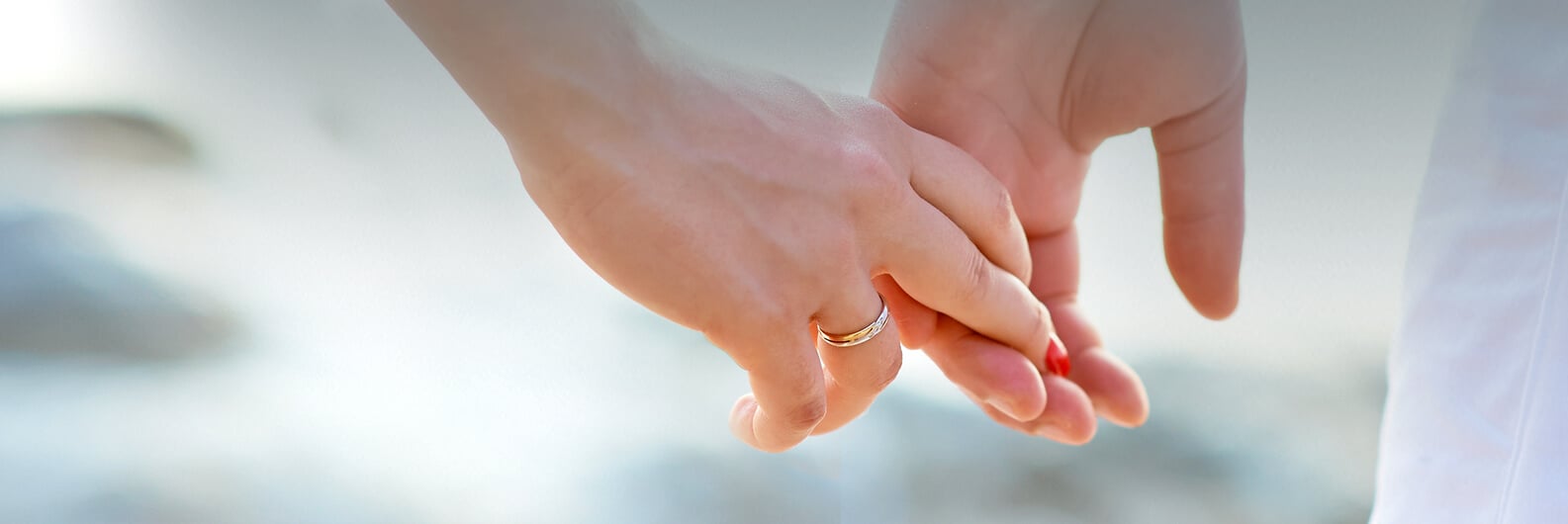The Treatment of BPH With Transurethral Microwave Thermotherapy (TUMT)
What is BPH or Benign Prostatic Hyperplasia?
The accumulation of tissue in the prostate is known Benign Prostatic Hyperplasia (BPH). This causes enlargement of the prostate that can make it difficult to fully empty the bladder because the enlarged prostate in turn squeezes the urethra.

What the common symptoms of BPH?
Common symptoms of BPH are:
- Frequent urination, particularly at night. Most patients will get up two or more times per night to void. Not only does this affect sleep but profoundly personal relationships.
- Feeling that the bladder is full even after urinating.
- Weak urine flow or dribbling.
- Urgency dictating the need to void.
- Requirement to stop and start urinating several times.
- Trouble starting to urinate.
- Pushing or straining to urinate.
- Not being able to urinate at all in severe cases.
The therapy consists of an outpatient procedure that can be performed in one appointment and takes approximately 45 minutes. There is no need for bed rest after the therapy, though it is recommended to refrain from working for 36 - 48 hours after the procedure. Sometimes a urinary catheter is needed for a short period of time after, while prostate swelling decreases and the bladder adjusts to the lack of resistance in pushing urine out.
How does Transurethral Microwave Therapy Work?
The Transurethral microwave thermotherapy is a minimally invasive surgical procedure used to reduce an enlarged prostate. The microwave machine is about the size of a small ultrasound machine. It involves a special catheter that is inserted into the bladder to allow a microwave device to be placed within the prostate. The prostate is walnut-sized organ that is located near the opening of the bladder and also encircles the urethra, the tube through where urine passes. The device heats up the prostate tissue which kills these cells. As these cells die, they shrink and release the blockage. It does not destroy urethra tissue because the catheter tube is designed to protect the urethra by keeping it cool during the procedure.
If you are experiencing any of the above symptoms, please call our office 619-286-3520 to schedule an appointment with one of our providers.






